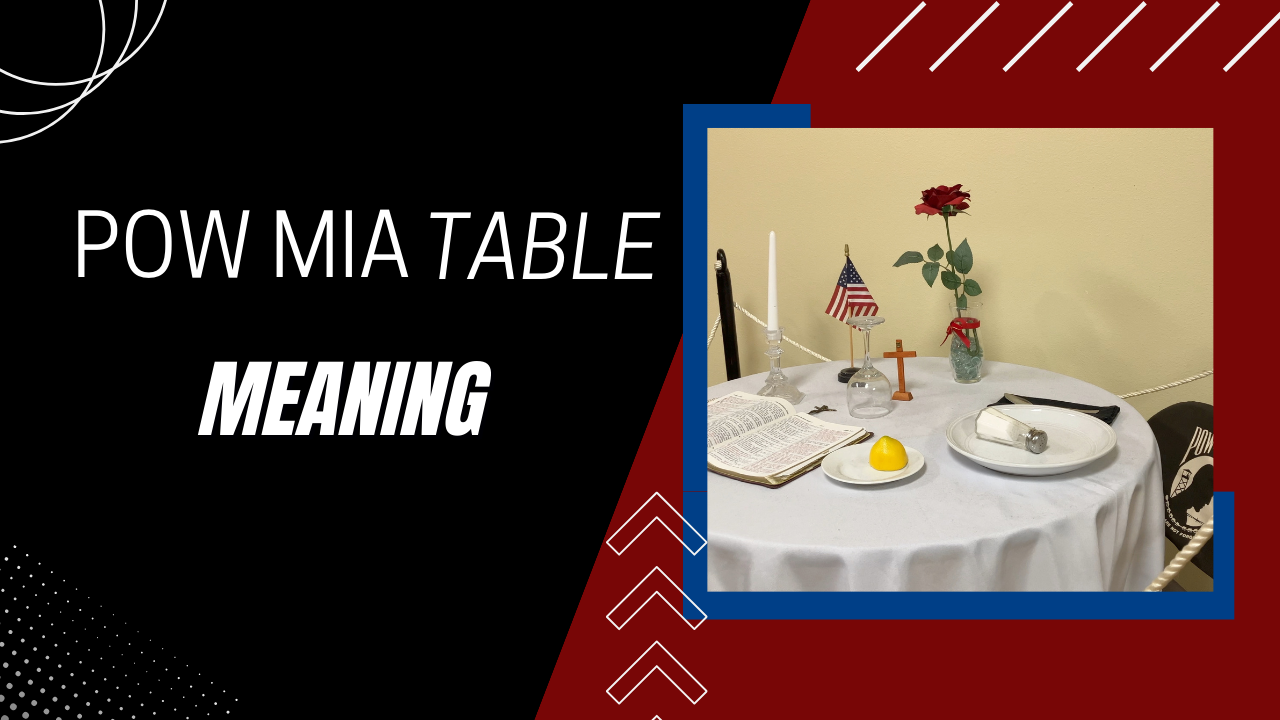American Legion Post 521 Gives Lesson to Boy Scouts About POW MIA Table


The Unseen Struggles of POWs: A Personal Reflection
As I sit down to write about a subject that weighs heavily on my heart, I can’t help but feel a profound sense of responsibility. The stories of Prisoners of War (POWs) and those Missing in Action (MIA) during the Vietnam War deserve to be shared, not just as historical accounts but as reminders of the sacrifices made by brave individuals and the families left behind.
Imagine a jet soaring through the skies, an emblem of freedom and strength, suddenly shot down over the dense jungles of Vietnam. In an instant, a pilot's life is forever changed. I can picture it vividly—how a crowd of soldiers and locals might have watched helplessly as the aircraft spiraled downward, the smoke trailing behind it like a dark omen. By the time helicopters arrived on the scene, the North Vietnamese and Vietcong forces had already descended upon the crash site. Those who survived the impact might never have been found. The lush jungle that defined Vietnam, with its tangled undergrowth and towering trees, created a haunting paradox; it provided cover for both the living and the dead.
I’ve often thought about the eerie stillness of the jungle, where even the slightest movement could go unnoticed. A soldier could be standing just a few feet away from his comrade, yet if tragedy struck, he might never know what happened. The jungle’s grasp was merciless, swallowing the fallen without a trace. This constant threat created an atmosphere of despair, where hope flickered like a candle in the wind.
That candle, in fact, is a poignant symbol for me. In many homes, there’s a single empty chair set aside for the POW—a solemn acknowledgment of their absence. The glass sits upside down, symbolizing the hope that they will return to fill it, yet knowing that for many, this hope is just a flicker. Each time I reflect on this empty chair, I think of the countless families who keep their faith alive, waiting for news that may never come.
The table might be set with salt—a bittersweet nod to the tears shed by those who wait. I can almost see the salt shaker being adjusted, a futile attempt to tidy up a space that feels endlessly chaotic. It’s a reminder of the longing, the heartache, and the moments of disbelief that punctuate their days. The lemon, with its sharp bitterness, serves as a metaphor for those tears, while a single rose stands by, a hopeful tribute to the day when a POW returns home.
When it comes to the food served to those in captivity, the image is haunting. A simple spoon is all they had to navigate the meager rations—potato soup, bland and lacking, served day in and day out. The absence of a knife or fork illustrates their dire circumstances; real sustenance was often a dream far removed from their reality. It makes me think of how we take for granted the abundance we have while others struggle for survival.
In recent years, I’ve learned about ongoing efforts to recover remains and artifacts from that era. There are teams working tirelessly in Vietnam, digging through the earth in search of bones or dog tags, remnants of lives once lived. It’s both a grim and hopeful endeavor, as agreements between the United States and Vietnam mean that every time a part of a skeleton is found, there is a sense of closure for some families, no matter how painful.
Dog tags, made of stainless steel, symbolize the resilience of the human spirit. They are designed to last a thousand years, a stark contrast to the fleeting nature of life. Each tag carries with it a story—of valor, sacrifice, and a longing for home. They serve as a tangible connection to those who served and the families they left behind, who continue to carry the weight of their absence.
Reflecting on these themes has deepened my understanding of the sacrifices made during the Vietnam War. It’s a somber reminder that the stories of POWs and MIAs are not just chapters in a history book; they are part of our collective memory, urging us to remember and honor those who risked everything for their country. As I write this, I hope to keep their stories alive, ensuring that their sacrifices are never forgotten.
